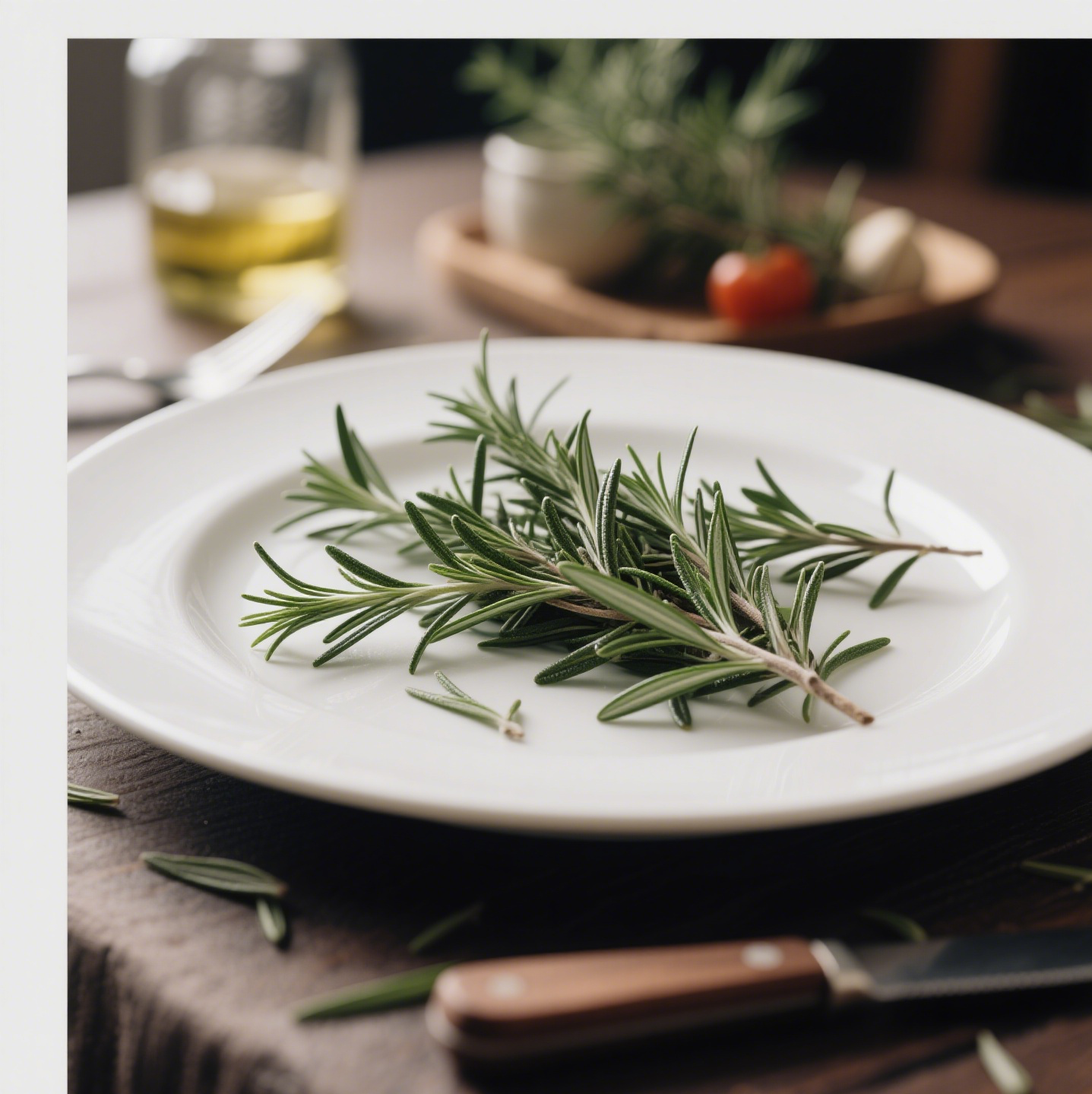Physical Address
304 North Cardinal St.
Dorchester Center, MA 02124
Physical Address
304 North Cardinal St.
Dorchester Center, MA 02124
A Must-Know Herb for Home Cooks
Rosemary, a fragrant evergreen herb native to the Mediterranean, is a staple in Western cuisine and a powerhouse of flavor and health benefits. Whether you’re roasting vegetables, seasoning meats, or experimenting with homemade bread, understanding the benefits of rosemary can elevate your cooking and support your well-being. In this guide, we’ll explore why this herb deserves a permanent spot in your kitchen—from its culinary versatility to its surprising health perks.

Rosemary (Rosmarinus officinalis) isn’t just a flavorful herb—it’s packed with nutrients and bioactive compounds. Rich in antioxidants like carnosic acid and rosmarinic acid, rosemary benefits the body by combating free radicals linked to chronic diseases. It also contains iron, calcium, and vitamins A and C, making it a nutrient-dense addition to meals.
For home cooks, this means even a small sprinkle of fresh or dried rosemary can contribute to your daily nutrient intake. Try adding it to olive oil-based marinades or kneading chopped rosemary into dough for savory breads.
The health benefits of rosemary have been celebrated for centuries. Modern science backs many traditional uses:
Understanding how to use rosemary in the kitchen maximizes its flavor and benefits. Its pine-like, slightly peppery taste pairs well with:
Pro Tip: Dried rosemary has a more concentrated flavor, while fresh rosemary offers a brighter, citrusy note. Always chop fresh leaves finely to avoid a woody texture.
To enjoy the benefits of rosemary year-round:
Home cooks can repurpose rosemary in creative ways:
Q: Can rosemary help with hair growth?
A: While not a miracle cure, rosemary oil may improve scalp circulation. A 2015 study in Skinmed found it as effective as minoxidil (a hair growth treatment) in some cases.
Q: Is rosemary safe for everyone?
A: Consumed in culinary amounts, rosemary is generally safe. However, large doses of rosemary oil or supplements may interact with blood thinners or pregnancy.
Q: What’s the best substitute for rosemary in recipes?
A: Thyme or sage can mimic its earthy flavor, though the taste profile will differ slightly.
From enhancing the flavor of weeknight dinners to offering science-backed health perks, the benefits of rosemary make it a must-have herb. Its versatility allows home cooks to experiment with soups, meats, baked goods, and even DIY wellness remedies. Keep a potted rosemary plant on your windowsill for fresh access, and don’t hesitate to explore its full potential—your taste buds and body will thank you.